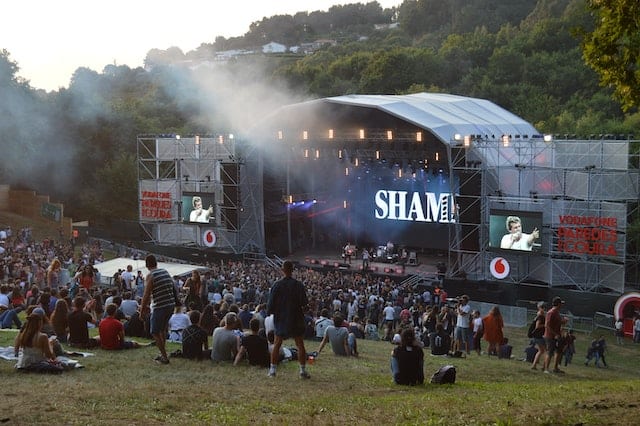Organizing a festival is no easy feat. It requires careful planning, dedication, and attention to detail. From setting up the venue to promoting the event, there are countless tasks that need to be completed in order for it to be successful. For any festival organizer, the most important things they must focus on include selecting an appropriate location, creating a budget and timeline for the event, marketing their festival effectively, managing volunteers or staff members involved in running it, and providing great customer service throughout the day of the event. By paying close attention to these key areas of planning and organization, organizers can ensure their festivals run smoothly from start to finish.
Selecting an Appropriate Location
It should be easily accessible, have enough parking or public transport options nearby, and have sufficient space to accommodate the anticipated number of visitors. Additionally, organizers need to consider all possible zoning issues, such as noise restrictions or closing times for parks and other public areas, that may impact their festival. Furthermore, if the festival involves tents, stages, and other structures that require additional setup time, organizers should ensure there is enough space for all of these elements to be safely erected.
Creating a Budget and Timeline For The Event
The people who are organizing festivals must consider the costs associated with running a festival, from renting a space to hiring performers. In addition to these larger expenses, they also need to develop an understanding of the more minor items that will add up and create additional costs (e.g., food for vendors, and souvenirs for attendees). Additionally, it’s important for the organizers to account for things like your stage rental costs, artist fees, production costs, and insurance for the event. On top of that, organizers need to create a realistic timeline for their festival to ensure every task is completed in a timely manner. This part of the organization of the festival is very important and should be taken into consideration before any other steps are taken.
Marketing Their Festival Effectively
One needs to be able to find ways to spread the word about the festival and get people interested in attending. This could include creating social media accounts, utilizing email marketing campaigns, or partnering with local businesses to promote the event. Additionally, organizers should focus on creating engaging content that will draw in potential attendees, such as interesting articles or videos highlighting what’s in store for the festival. Conversely, if the festival is small, organizers need to think of creative ways to reach their target audience without breaking the bank.
Managing Volunteers or Staff Members Involved in Running It
Organizers need to find the right people for the job and assign them tasks that are best suited to their skill set. This could involve recruiting volunteers from within the local community or hiring staff members with prior experience in organizing events. Additionally, organizers should create a plan for how these individuals will be managed throughout the day of the event, such as assigning roles, providing training sessions, organizing cleaning up, or preparing for the festival, and offering incentives for a job well done. In most situations, it’s a good idea to have someone in charge of managing the volunteers and staff onsite during the festival.
https://www.pexels.com/photo/people-standing-on-green-grass-field-while-holding-plastic-bags-5029861/
Establishing Clear Lines of Communication with Vendors, Suppliers, and Sponsors
It is crucial to ensure that all vendors, suppliers, and sponsors are on the same page when it comes to the festival. They need to create a system for communicating with these individuals so that everyone is aware of any changes or issues that may arise during the planning process. This could involve holding regular meetings or conference calls with key stakeholders to keep them updated on the progress of the festival. Additionally, having a dedicated contact person to answer questions or address issues is essential for providing clear lines of communication.
Ensuring Safety Protocols Are In Place and Followed Properly
Organizers need to be aware of the safety protocols that must be in place and followed at their festivals. This includes having a designated area for first aid services, providing adequate security personnel, and ensuring all guests are following any local ordinances or laws. Additionally, organizers should also consider implementing crowd control measures to help keep the event running smoothly and safely. It’s also important that organizers are aware of their legal obligations, so they can ensure any potential issues or liabilities are taken care of.
These are just a few of the key things festival organizers need to focus on in order to put together an amazing event. Organizers should take the time to research and understand all aspects of the festival-planning process, so they can ensure everything runs as smoothly and safely as possible. With the right preparation and focus, organizers can create a memorable festival experience for all involved!






